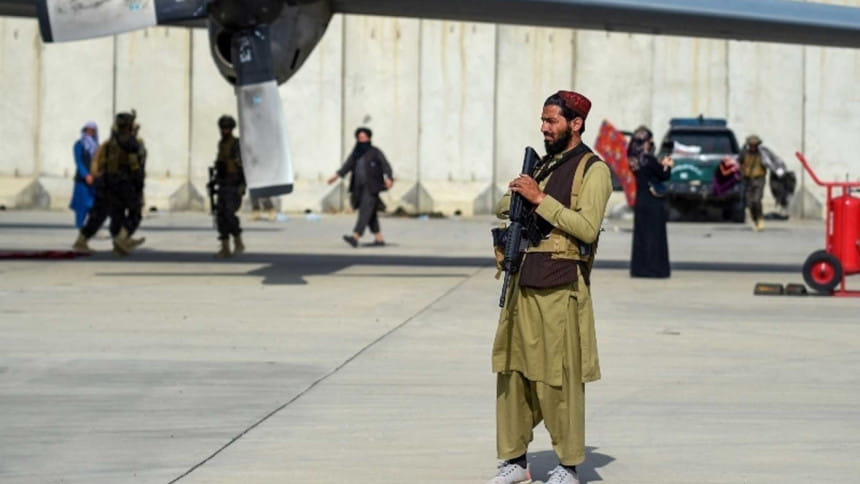What Afghanistan does with its ‘freedom’ is critical

After two decades of foreign occupation—by the US and NATO forces—Afghanistan is finally and unequivocally a "free" nation, after the last US troops officially left Afghan soil meeting the August 31 deadline. This, in a way, should be a proud moment for Afghans, as no nation should have to bend to the wishes of others or live by the dictates of outside forces. Therefore, despite justifiable concerns about the aftermath of Taliban takeover, we are happy to see Afghanistan once again retake its destiny into its own hands. However, as is often the case after a nation gains its freedom, there are plenty of challenges as well.
The situation there right now is extremely chaotic. The Taliban have yet to form a government, and many are still unconvinced that they will not rule with the same iron fist that they did between 1996 and 2001—many Afghans themselves fall into this category. In order to become a well-functioning, rights-respecting and equitable state, the Taliban will have to make many changes to how it previously ruled—for example, it has to allow women full participation in education, the labour market and in the functioning of the state. Without making these changes, the Taliban will never be able to steer Afghanistan towards a bright and prosperous future.
Meanwhile, the US withdrawal over the last days and weeks was chaotic in its own right. Many people who had helped the US and its allies have been left high and dry by their foreign friends, and it would be unwise for the Taliban to persecute them at this historic time for the country. Instead of resorting to more violence, the Taliban should seek to make peace with everyone, especially rival groups and ideological opponents. And in the formation of a new government, it should try and include people from all groups, regions and backgrounds so that Afghanistan can mend its own internal divisions—which, as history tells us, have been exploited by foreign forces for too long.
The international community, which has so often failed the Afghan people, also has a big responsibility. According to UN officials, Afghanistan is presently standing on the brink of a "humanitarian catastrophe". There is a deep economic crisis brewing inside the country. People are suffering from a lack of basic services and essential items. Here, the international community must provide Afghanistan with the necessary aid—and foreign players should not, as a face-saving bid, look to mount economic pressure on the country. The Taliban must also allow the UN and other aid agencies to operate in a way that suits all parties, especially the Afghan people.
At the end of the day, freedom is a most precious thing, one which should be deeply cherished. However, freedom for a country might not mean much unless the people themselves get a taste of it. It is with that in mind that the Taliban should rule. We wish Afghans the best of luck for the days ahead.

 For all latest news, follow The Daily Star's Google News channel.
For all latest news, follow The Daily Star's Google News channel. 



Comments